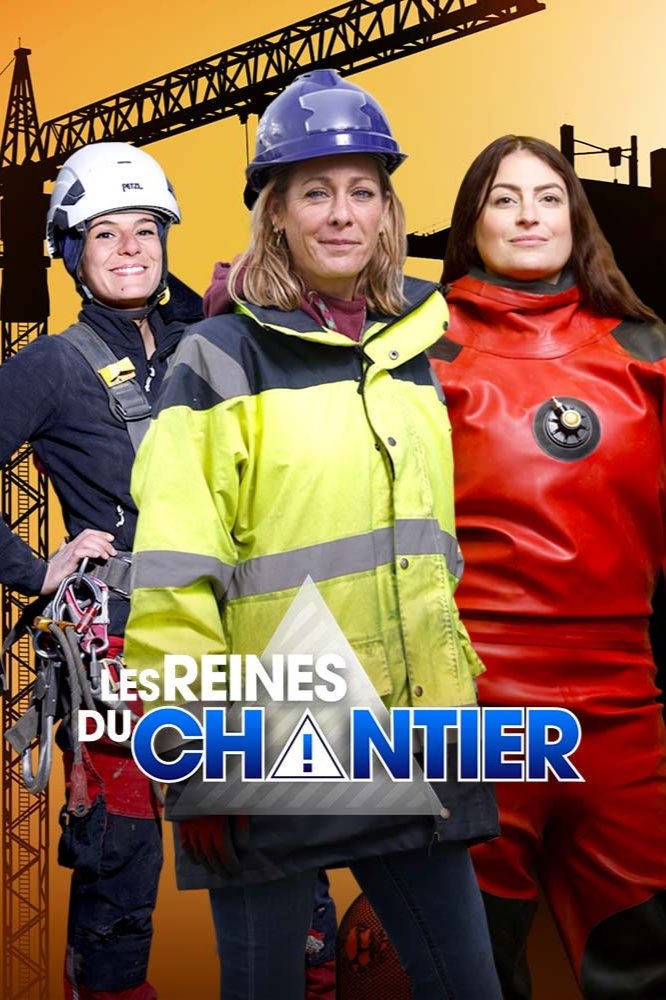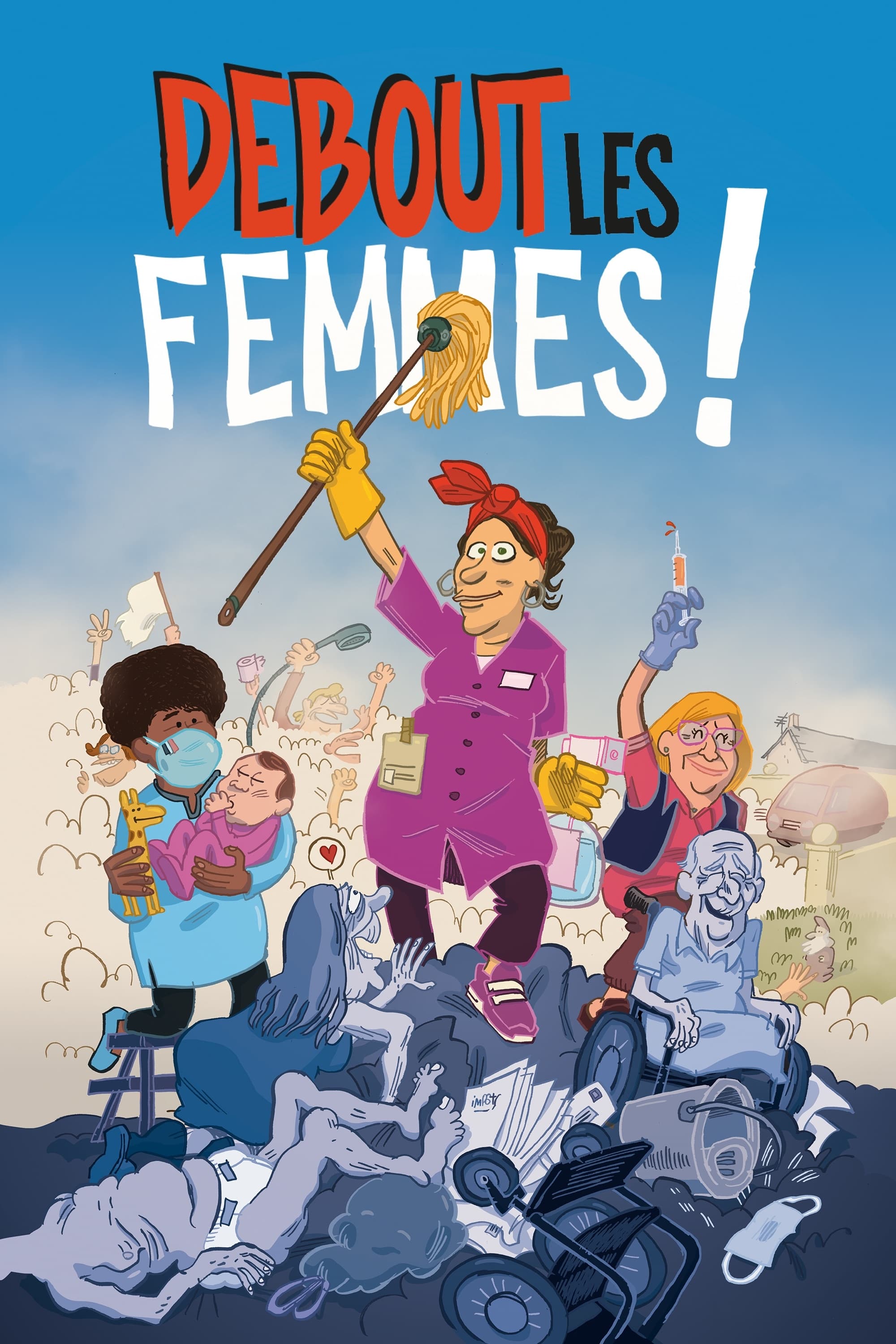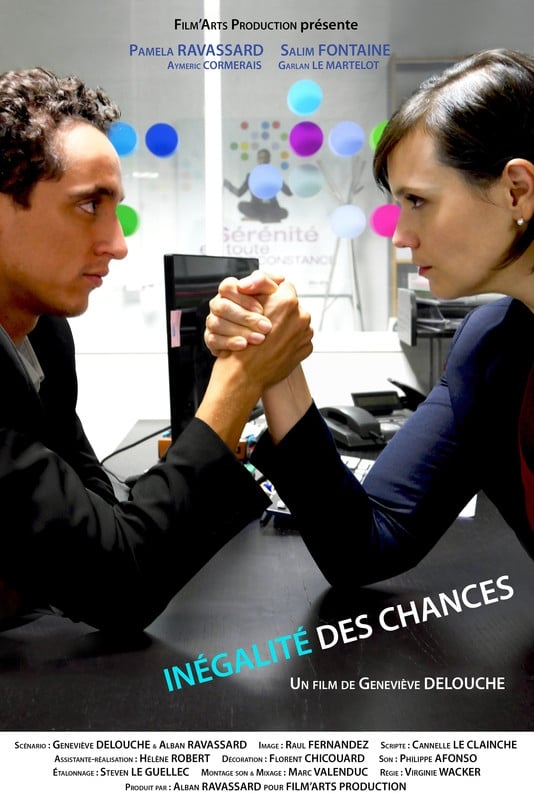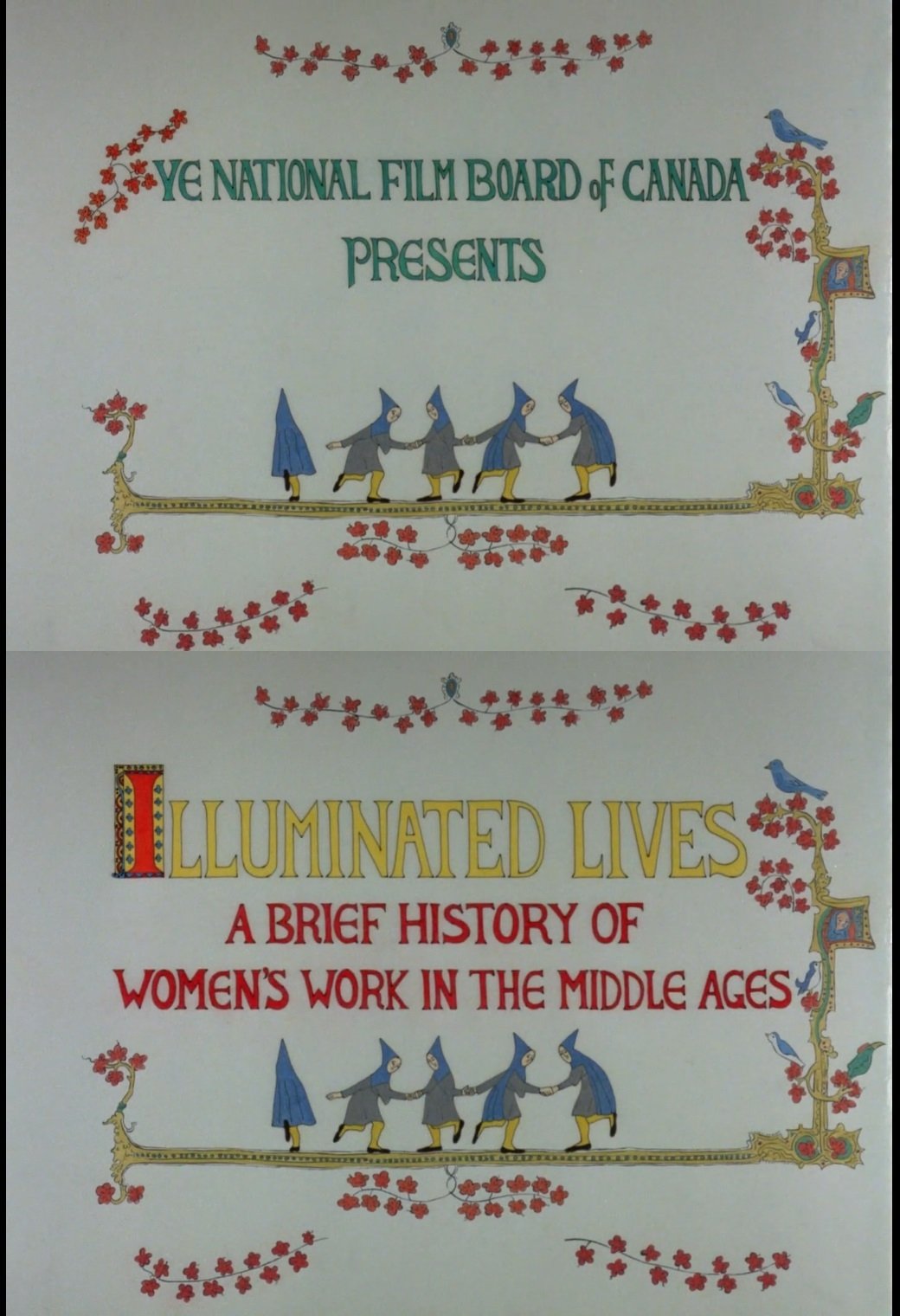
Browse all content tagged with this keyword.
Showing 25 results


Since the cult success of Merci Patron!, activist/journalist/filmmaker François Ruffin...

Carla Haddad Mardini was born with bombs blasting at the...


This animated short challenges enduring myths, spawned by fairy tales...

Two beautiful and different girls, Alice and Lisette are 17...